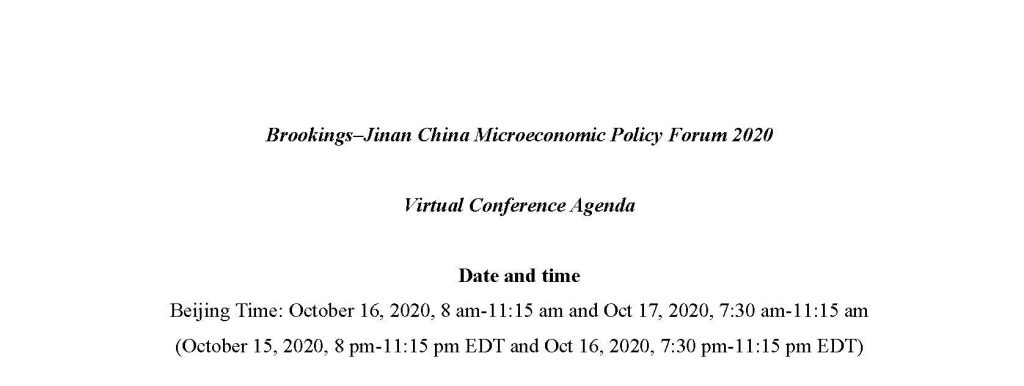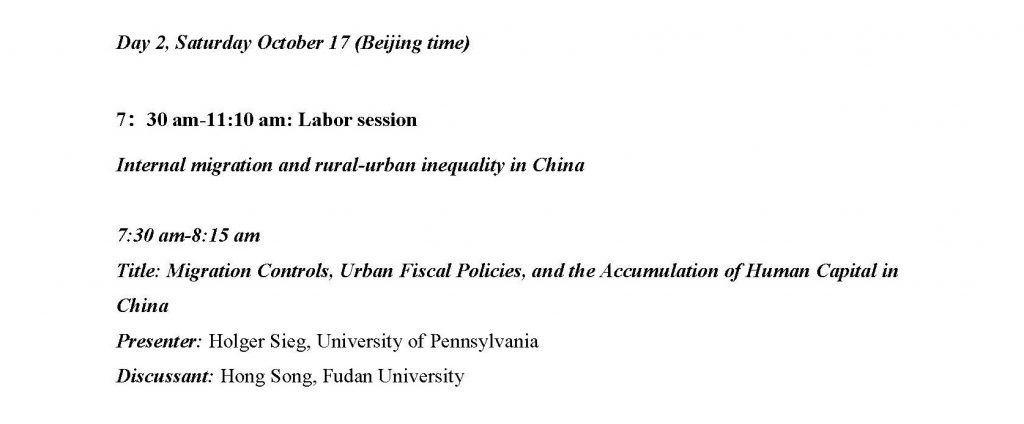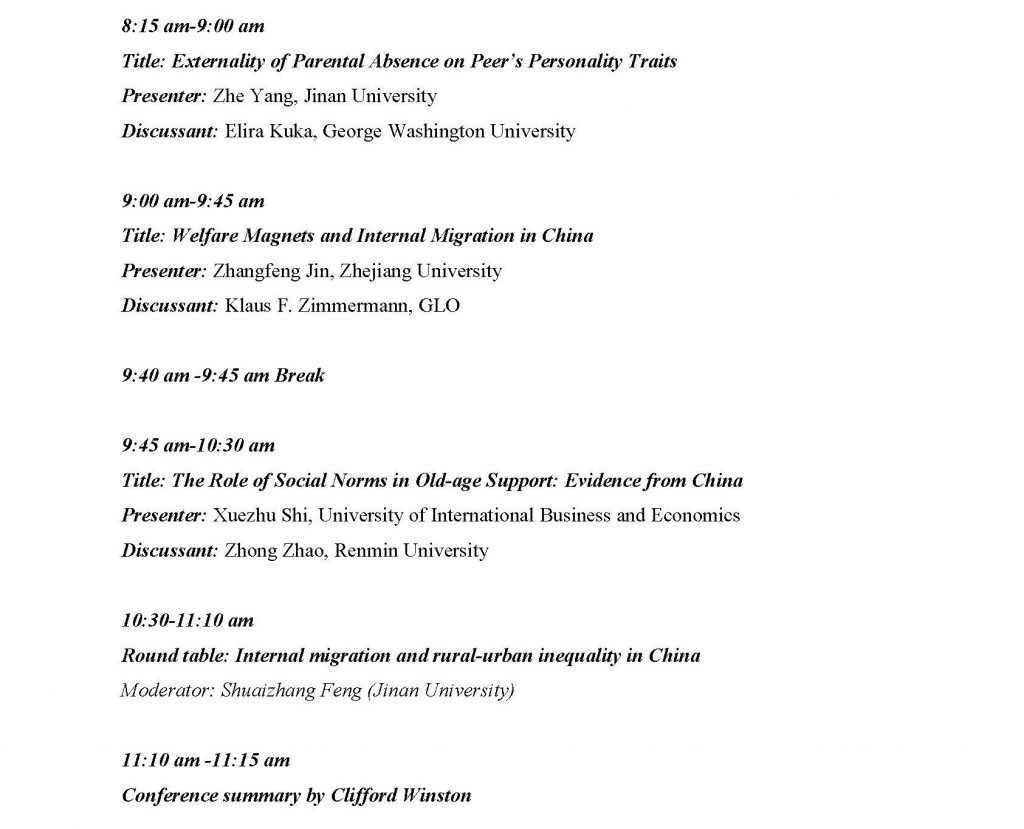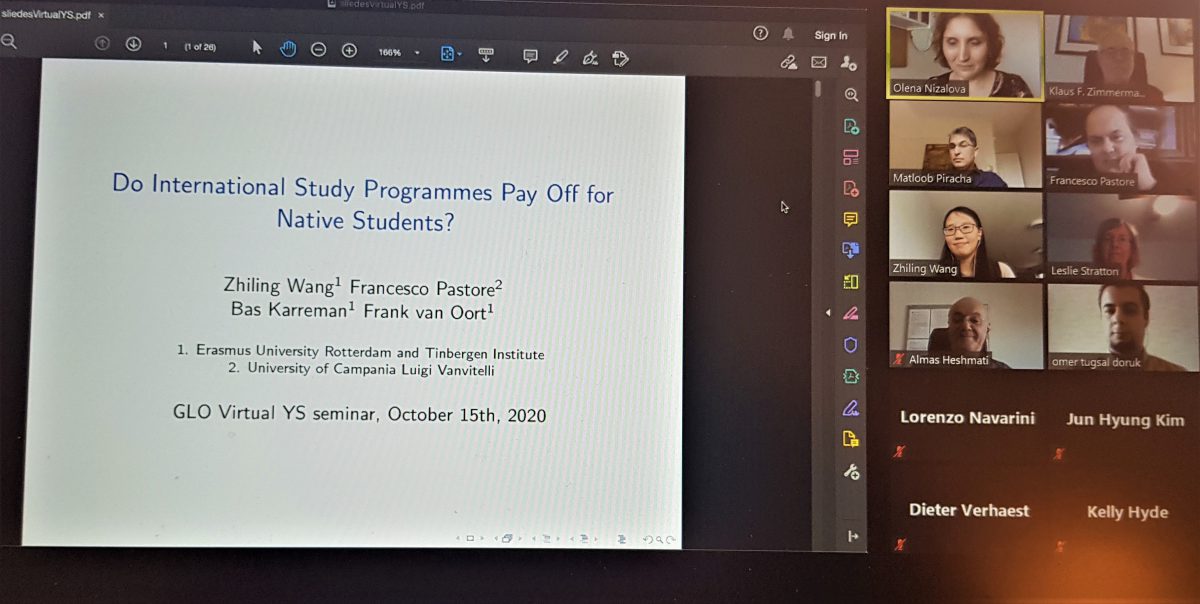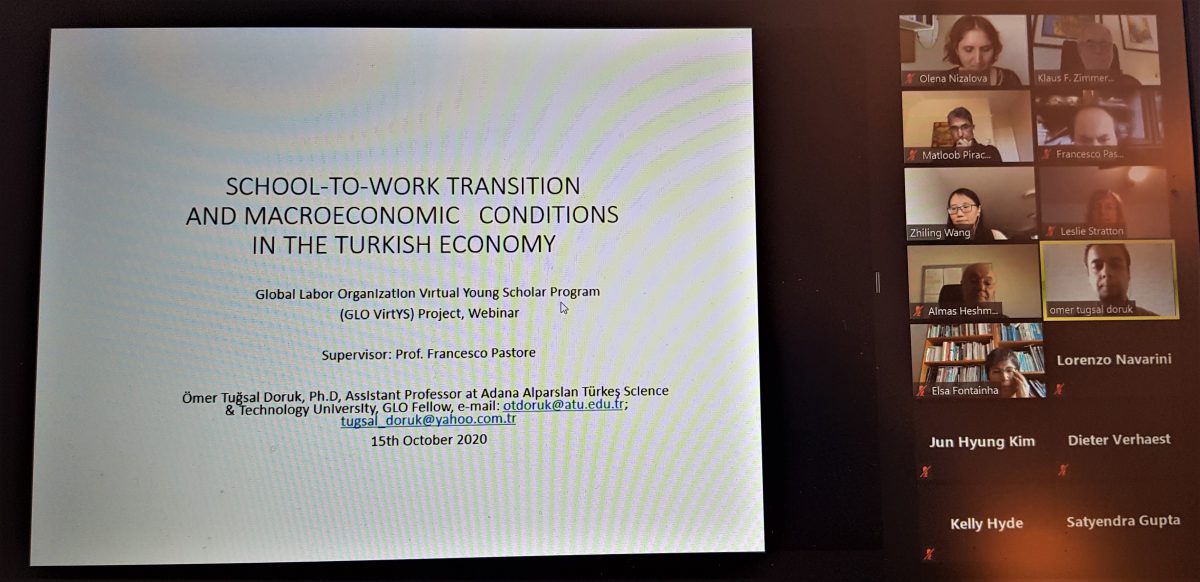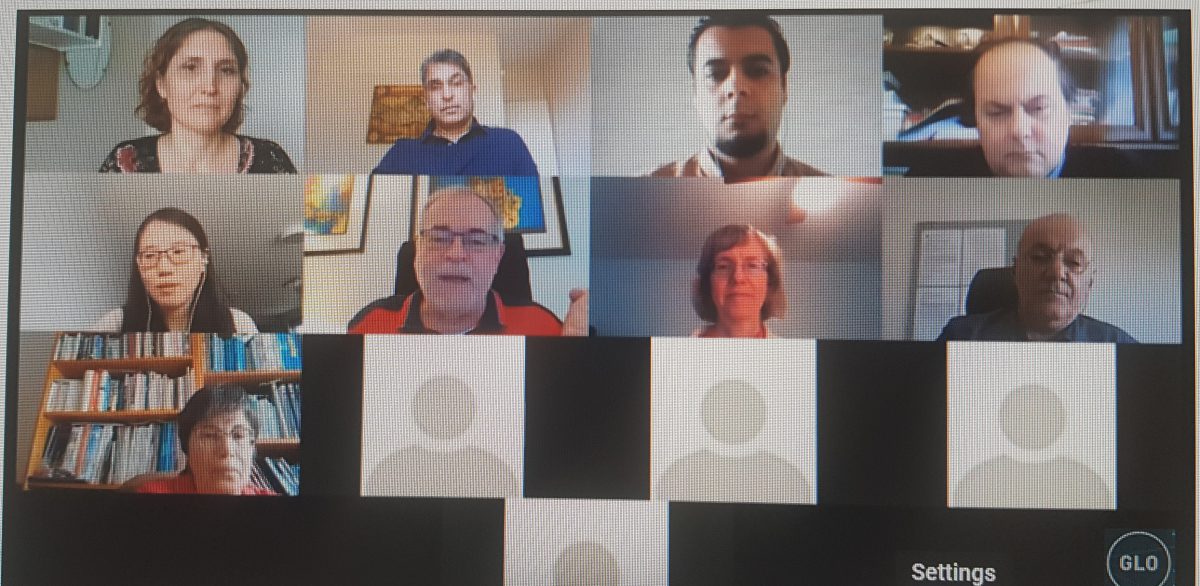A new paper published online in the Journal of Population Economics finds that individuals whose mothers were affected by an abortion ban Romania employed in the mid-1960s had a significantly lower demand for children than those who were not.
The Global Labor Organization (GLO) is an independent, non-partisan and non-governmental organization that functions as an international network and virtual platform to stimulate global research, debate and collaboration.
The inter-generational fertility effect of an abortion ban
by Federico Gutierrez
Published ONLINE: Journal of Population Economics, scheduled for 2021. Free Readlink
GLO Fellow Federico Gutierrez
Author Abstract: This study examines the extent to which banning women from having abortions affected the fertility of their children, who did not face a similar legal constraint. Using multiple censuses from Romania, I follow men and women born around the time Romania banned abortion in the mid-1960s to investigate the demand for children over their life cycle. The empirical approach combines elements of regression discontinuity design and the Heckman selection model. The results indicate that individuals whose mothers were affected by the ban had significantly lower demand for children than those who were not. One-third of the decline is explained by inherited socio-economic status.
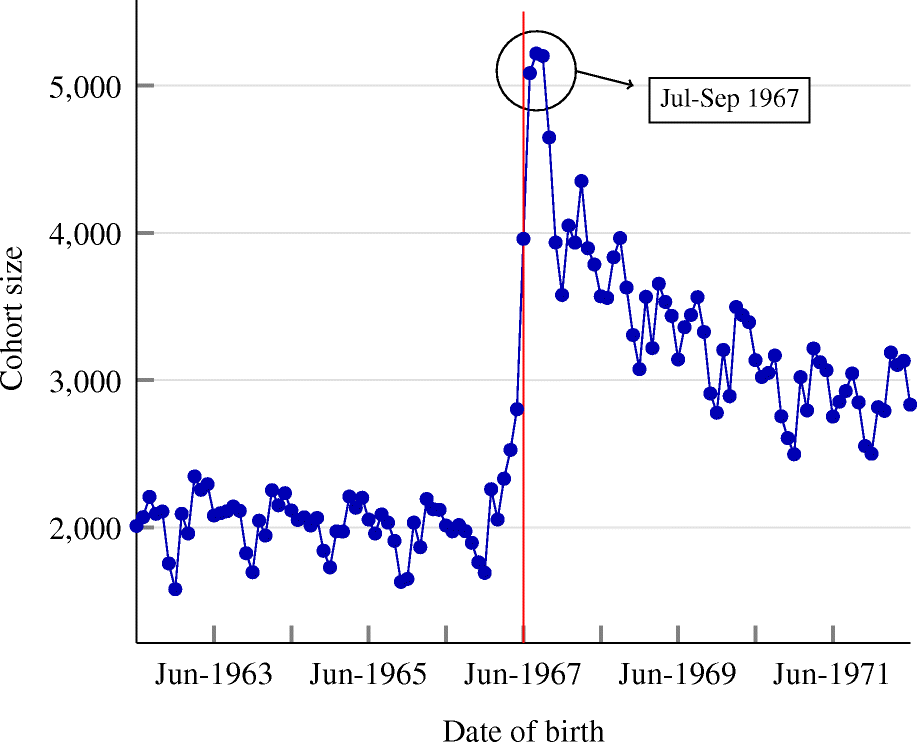
Access to the recently published Volume 33, Issue 4, October 2020.
LEAD ARTICLE OF ISSUE 4:
Yun Qiu, Xi Chen & Wei Shi, Impacts of social and economic factors on the transmission of coronavirus disease 2019 (COVID-19) in China
Journal of Population Economics 33, 1127–1172 (2020). OPEN ACCESS
Over 27K journal downloads & over 80 Google Scholar cites as of October 18, 2020.

Ends;




